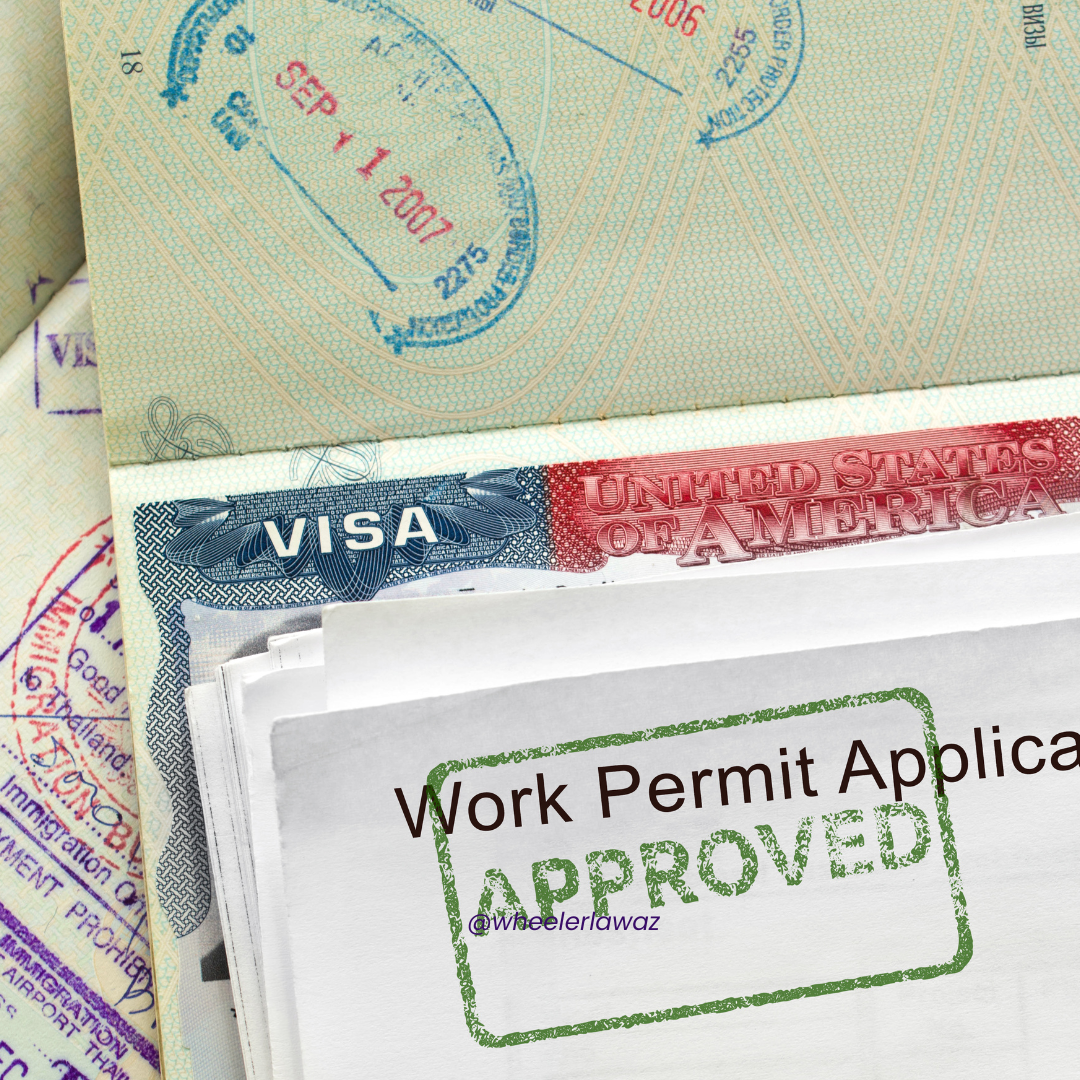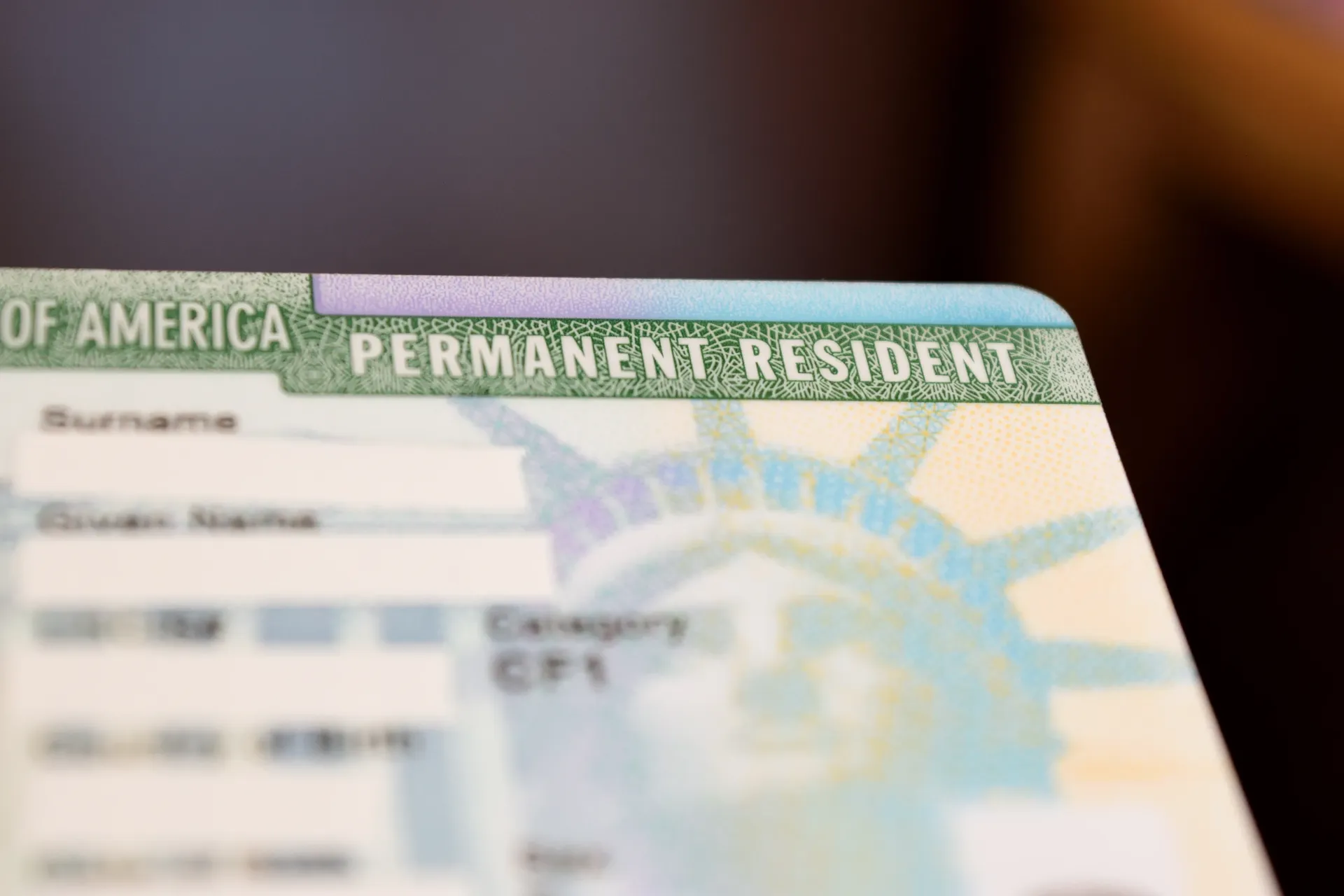Contact Us
Phone: 602-586-5625
Location
7227 N. 16th Street
Suite 195
Phoenix, Arizona 85020
Hours
- Mon - Fri
- -
- Sat - Sun
- Closed
The Path to U.S. Citizenship: Navigating the Naturalization Process
The Path to U.S. Citizenship: Navigating the Naturalization Process
Becoming a U.S. citizen through naturalization is a significant and life-changing journey that opens the door to numerous opportunities and responsibilities. For many immigrants, this process is a culmination of years of hard work, perseverance, and dedication to building a new life in the United States. Understanding the steps involved in naturalization is crucial for those aspiring to achieve citizenship and fully integrate into American society.
The first step in the naturalization process is determining eligibility. Prospective citizens must be lawful permanent residents (green card holders) for at least five years, or three years if married to a U.S. citizen. Additionally, applicants must demonstrate good moral character, maintain continuous residence and physical presence in the United States, and possess a basic understanding of English and U.S. civics. These requirements ensure that new citizens are well-prepared to participate fully in civic life.
Once eligibility is established, the next step is to complete Form N-400, Application for Naturalization. This detailed form requires applicants to provide personal information, including employment history, travel history, and any criminal record. It is essential to fill out the form accurately and honestly, as discrepancies can lead to delays or denials. Along with the form, applicants must submit supporting documents, such as a copy of their green card, and pay the application fee.
After submitting Form N-400, applicants will be scheduled for a biometrics appointment, where their fingerprints, photograph, and signature will be taken. This is followed by the naturalization interview, which includes an English language test and a civics exam covering U.S. history and government. Preparing thoroughly for these tests is crucial, as they assess an applicant's readiness to assume the responsibilities of citizenship. Study materials and resources are available through the United States Citizenship and Immigration Services (USCIS) website to help applicants prepare.
The final step in the naturalization process is the Oath of Allegiance ceremony. Once an applicant passes the interview and exams, they will receive a notice to attend a naturalization ceremony. During this ceremony, they will take the Oath of Allegiance, renouncing all prior allegiances and pledging loyalty to the United States. This moment marks the official transition to U.S. citizenship, granting new citizens the rights and privileges enjoyed by all Americans, such as voting, traveling with a U.S. passport, and serving on a jury. The naturalization process is a journey that reflects a commitment to the values and principles of the United States, and it culminates in the proud declaration of becoming a U.S. citizen.
Wheeler Law is available to answer any other questions you may have, and/or help you take the next steps to your, or your loved ones, future. At Wheeler Law, we find creative solutions to break down the barriers holding you, or a loved one, back from obtaining legal status in the United States. Call us now to schedule a consultation: (602) 586-5625.
Follow us on
social media for more tips about naturalization.





Schedule a Case Evaluation
Contact us now!
Disclaimer: The information on this website is for general information purposes only. Nothing on this site should be taken as legal advice for any individual case or situation. This information is not intended to create, and receipt or viewing does not constitute an attorney-client relationship.
All Rights Reserved | Wheeler Law | Powered By Convert It Marketing | Privacy Policy
All Rights Reserved | Wheeler Law | Powered By Convert It Marketing | Privacy Policy




